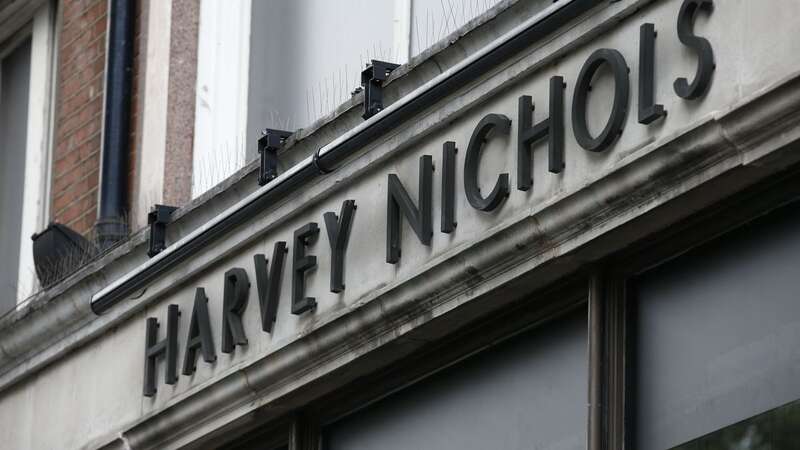
Upmarket department store Harvey Nichols has announced a major shake-up of its operations, which will result in dozens of job cuts at its head office.
The company said that less than 5% of its workers are at risk of losing their jobs as a result of these changes. It is believed that around 60 employees based in London will be affected, but this is subject to a consultation process.
The group, owned by Hong-Kong based Sir Dickson Poon, plans to offer those impacted by the cuts roles in other parts of the business. Other retailers, including Selfridges and John Lewis, have also made job cuts over the past year in an effort to reduce operating costs.
The company explained that the restructuring comes in response to recent inflation, cost increases and the end of tax-free shopping for tourists in the UK. Harvey Nichols, which was founded in 1831, has stores in several UK cities, as well as in Dublin and internationally.
Pearson Poon, the vice chairman of Harvey Nichols, stated: "We are taking action to simplify and strengthen our business by optimising our cost structure to operate more efficiently across our support team.
 Self-employed Brits have just weeks left to submit tax return or risk £100 fine
Self-employed Brits have just weeks left to submit tax return or risk £100 fine
Coming out of Covid has been very difficult for the wider retail industry in the UK, which faced increased inflation, cost pressures, and the loss of tax-free shopping. We are making difficult decisions today to ensure we are well positioned for success in a continuously evolving retail environment."
On Tuesday, the luxury firm also confirmed it saw higher sales over the previous financial year and cut its losses. Accounts for the year to April 1 2023, which are due to be published soon, are set to show revenues grew by 13% to £216.6 million as it continues its recovery following the impact of the pandemic and cost-of-living pressures.
It also recorded a pre-tax loss of £21.3 million for the year, down from £30.4 million a year earlier. Last year, the group's boss Manju Malhotra stepped down from the company after reported tensions over its growth strategy.
Read more similar news:
Comments:
comments powered by Disqus






























